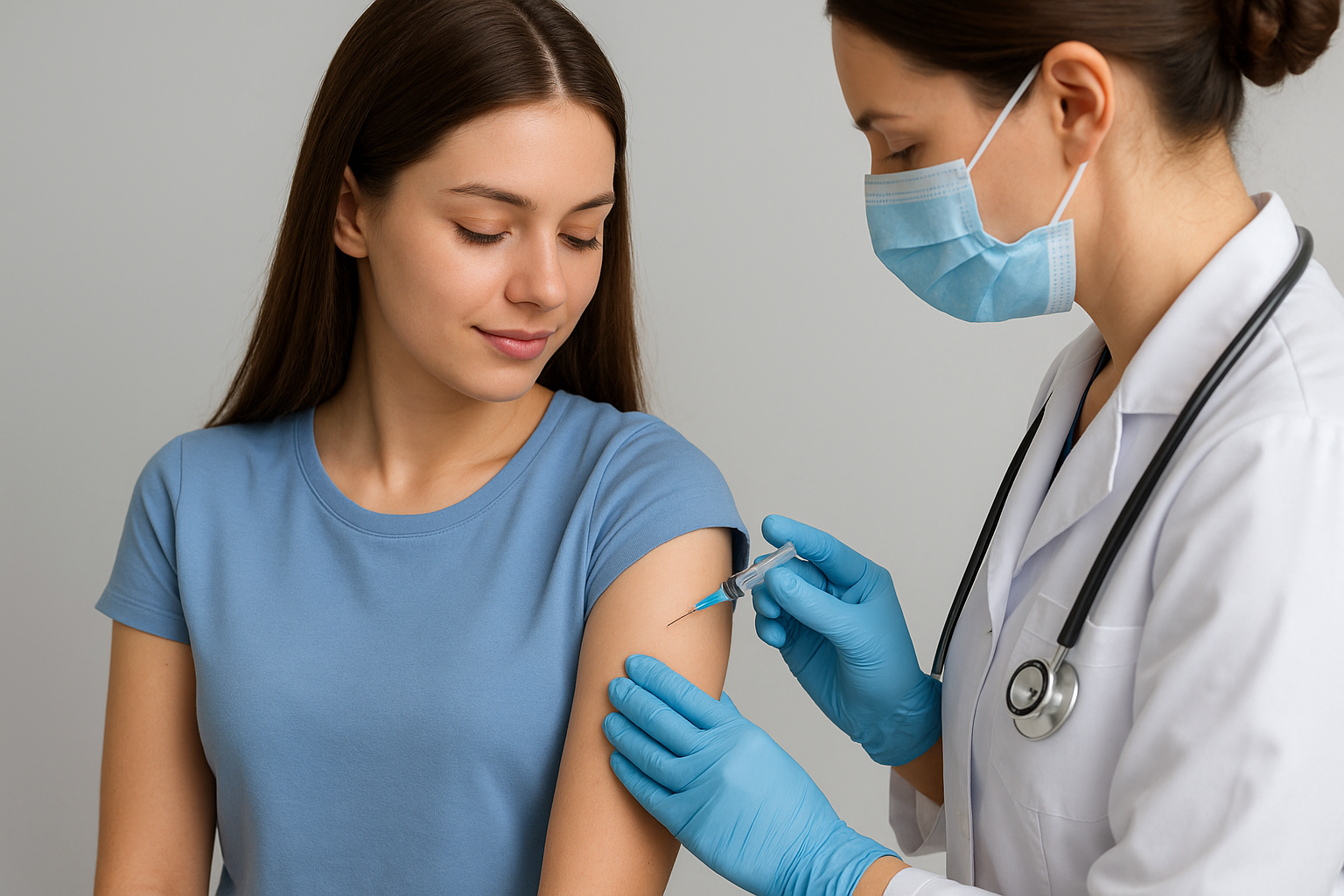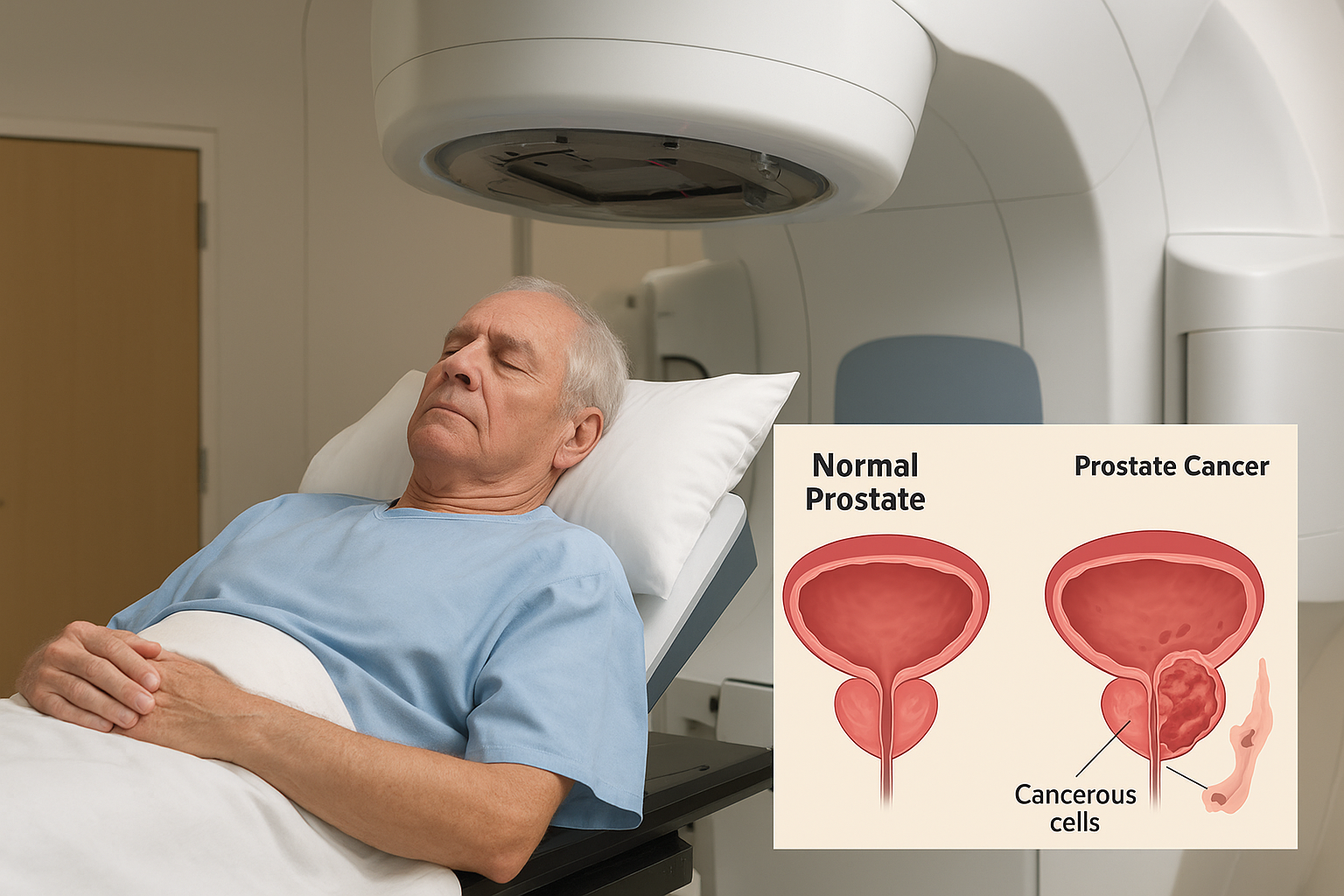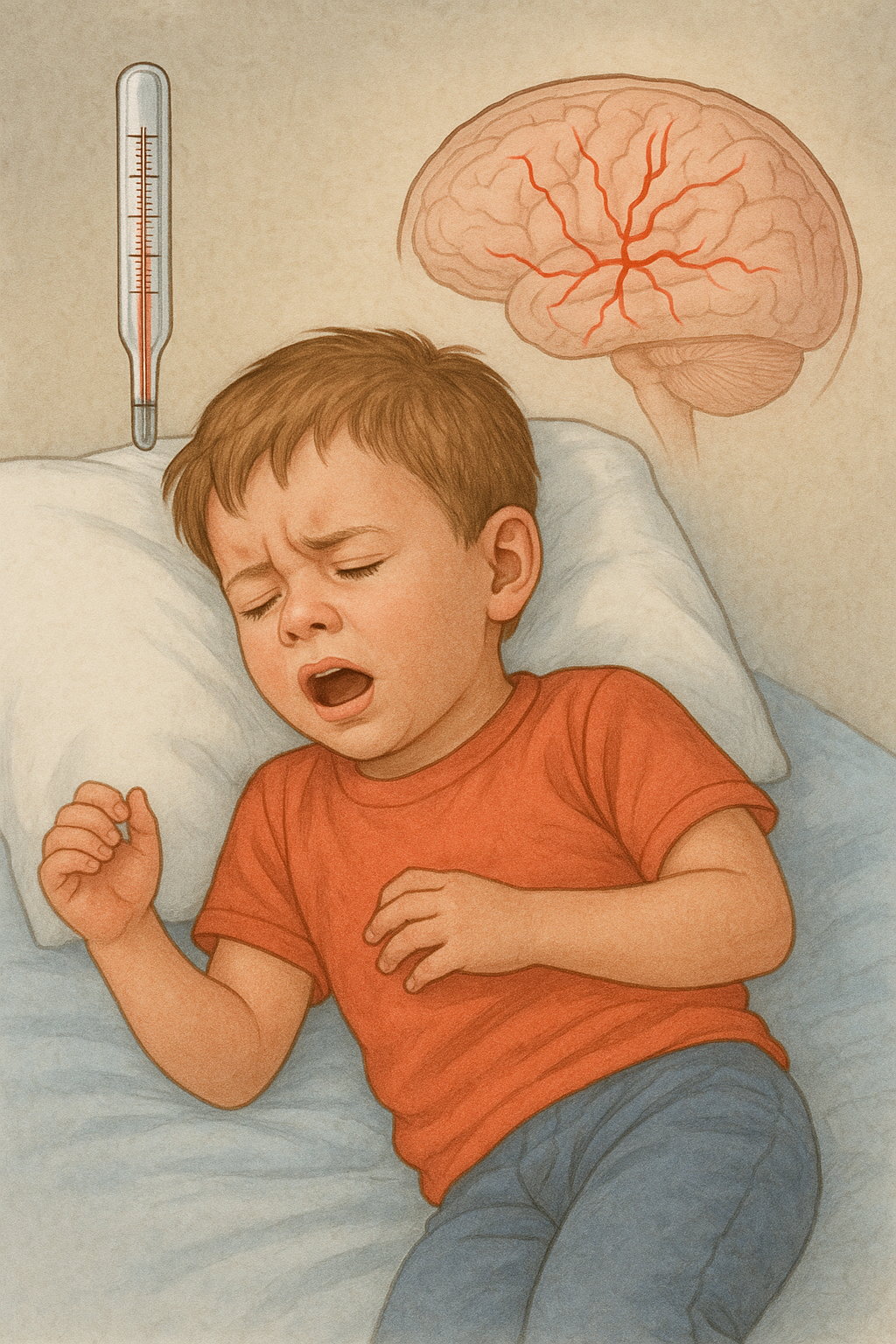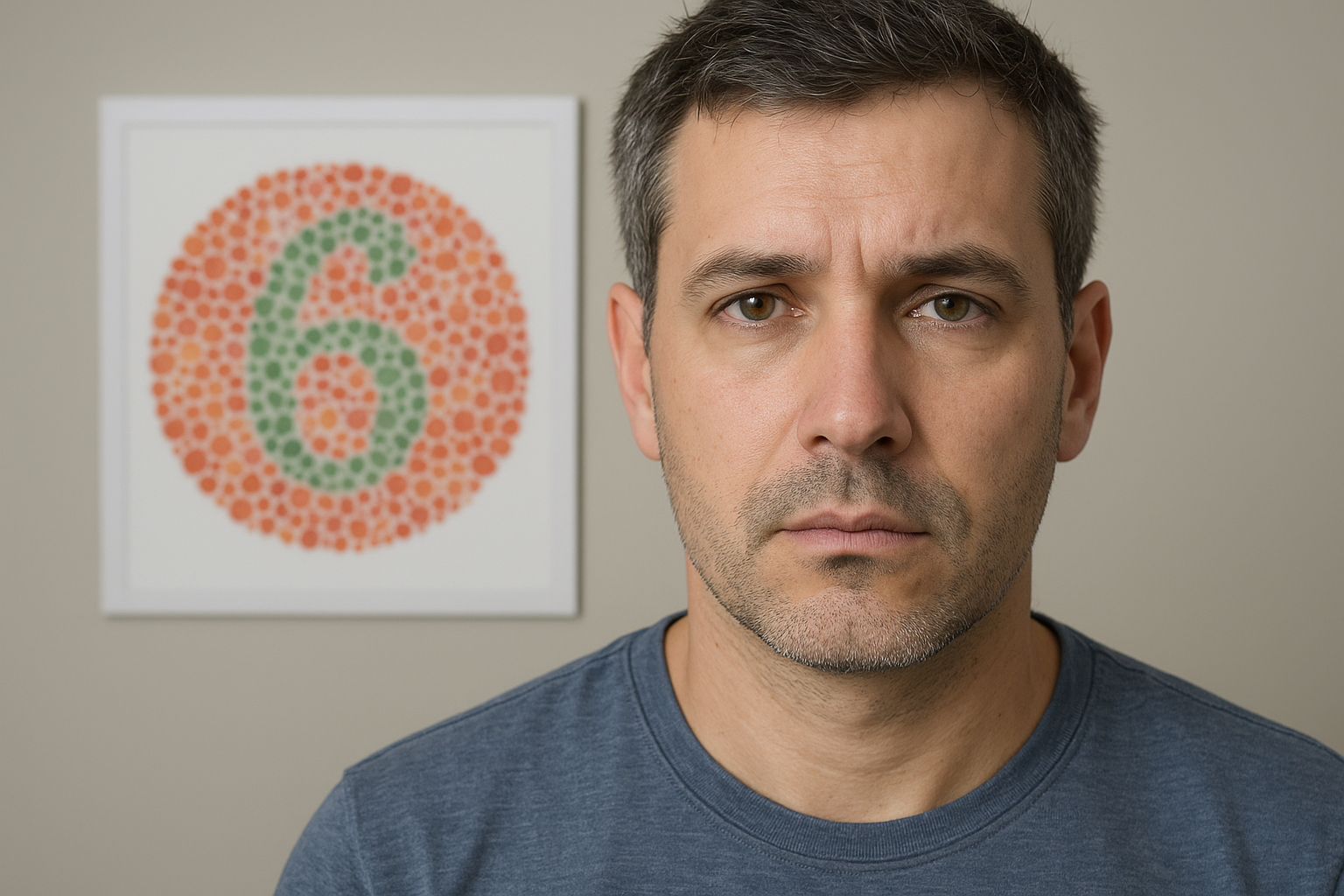Cervical cancer remains one of the leading causes of cancer-related deaths in women worldwide. The good news is that cervical cancer is largely preventable through the Human Papillomavirus (HPV) vaccine. This vaccine provides effective protection against the virus responsible for most cervical cancer cases. In this blog, we will discuss what the cervical cancer vaccine is, who should get it, and how it helps protect women’s health.
What is the Cervical Cancer Vaccine?
The cervical cancer vaccine, commonly known as the HPV vaccine, protects against certain types of Human Papillomavirus (HPV) that are known to cause:
- Cervical cancer
- Vaginal and vulvar cancers
- Anal and throat cancers
- Genital warts
Since HPV infection is the primary cause of cervical cancer, vaccination plays a vital role in reducing the risk.
Who Should Get the HPV Vaccine?
Health experts recommend the HPV vaccine for:
- Girls and boys aged 9 to 14 years – the ideal age for maximum protection before exposure to HPV.
- Women up to age 26 – if they missed vaccination earlier.
- Men up to age 21 – may also benefit from the vaccine.
- Adults aged 27–45 years – can get vaccinated after consulting a doctor, though the benefit may be lower.
Benefits of the Cervical Cancer Vaccine
The HPV vaccine provides several health benefits:
- Prevents cervical cancer – blocks the virus responsible for about 70–90% of cases.
- Protects against multiple cancers – including anal, throat, and vulvar cancers.
- Prevents genital warts – caused by low-risk HPV types.
- Long-lasting immunity – studies show protection for more than a decade.
How is the HPV Vaccine Given?
- The vaccine is usually given as 2 doses for children aged 9–14 years.
- For individuals aged 15 and above, 3 doses are recommended for full protection.
- It is given as an intramuscular injection in the upper arm.
Safety of the Cervical Cancer Vaccine
The HPV vaccine is considered very safe. Side effects are generally mild and may include:
- Pain or redness at the injection site
- Mild fever
- Dizziness or headache
Serious side effects are extremely rare. Health authorities like the World Health Organization (WHO) and CDC strongly recommend the HPV vaccine as safe and effective.
Prevention Beyond Vaccination
While the HPV vaccine is highly effective, it does not protect against all cancer-causing HPV types. Additional prevention steps include:
- Regular Pap smears and HPV testing
- Practicing safe sex
- Avoiding smoking
Conclusion
The cervical cancer vaccine (HPV vaccine) is a powerful tool to protect women from cervical cancer and related diseases. Vaccination, combined with regular screening and healthy lifestyle choices, can significantly reduce the global burden of cervical cancer.
Protect yourself and your loved ones—get vaccinated, spread awareness, and encourage routine screenings.




